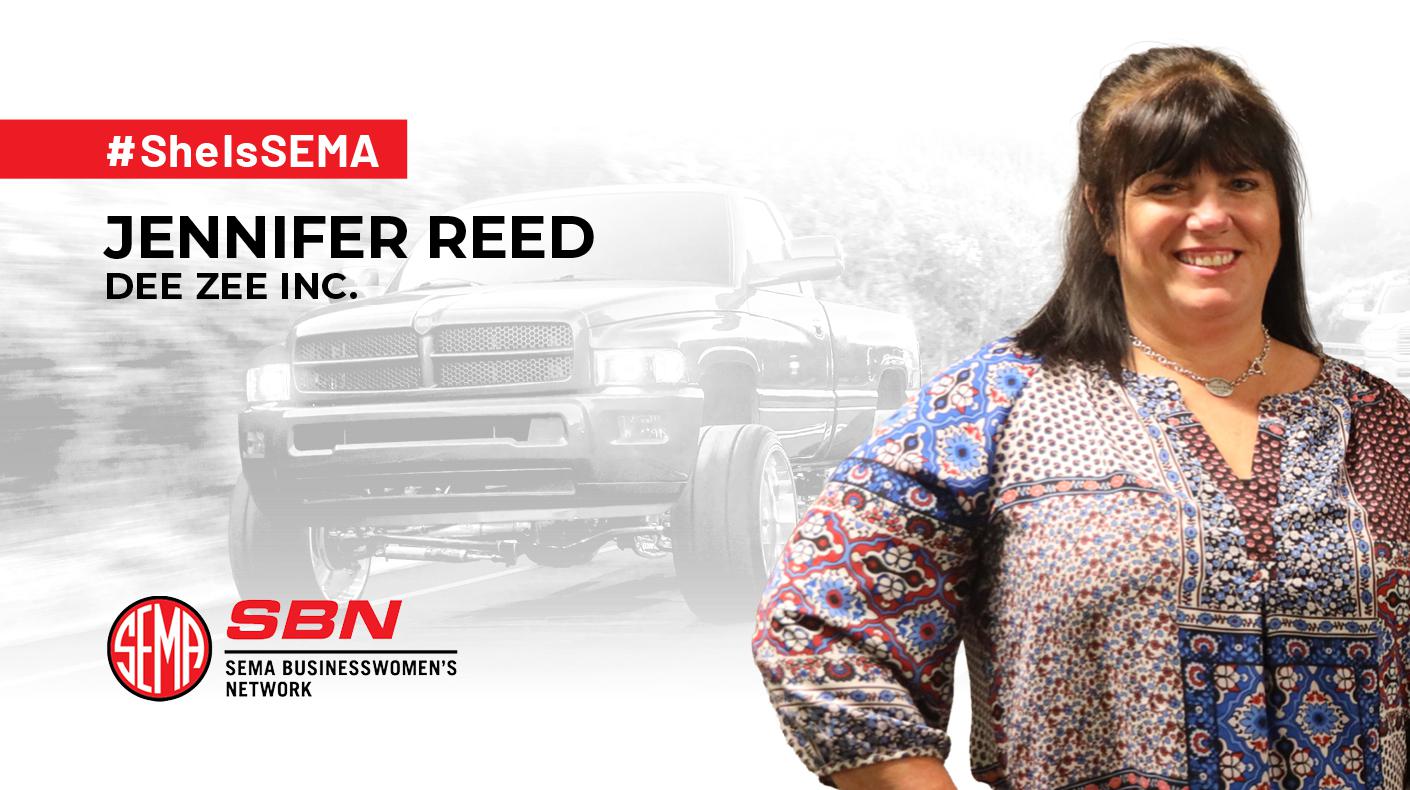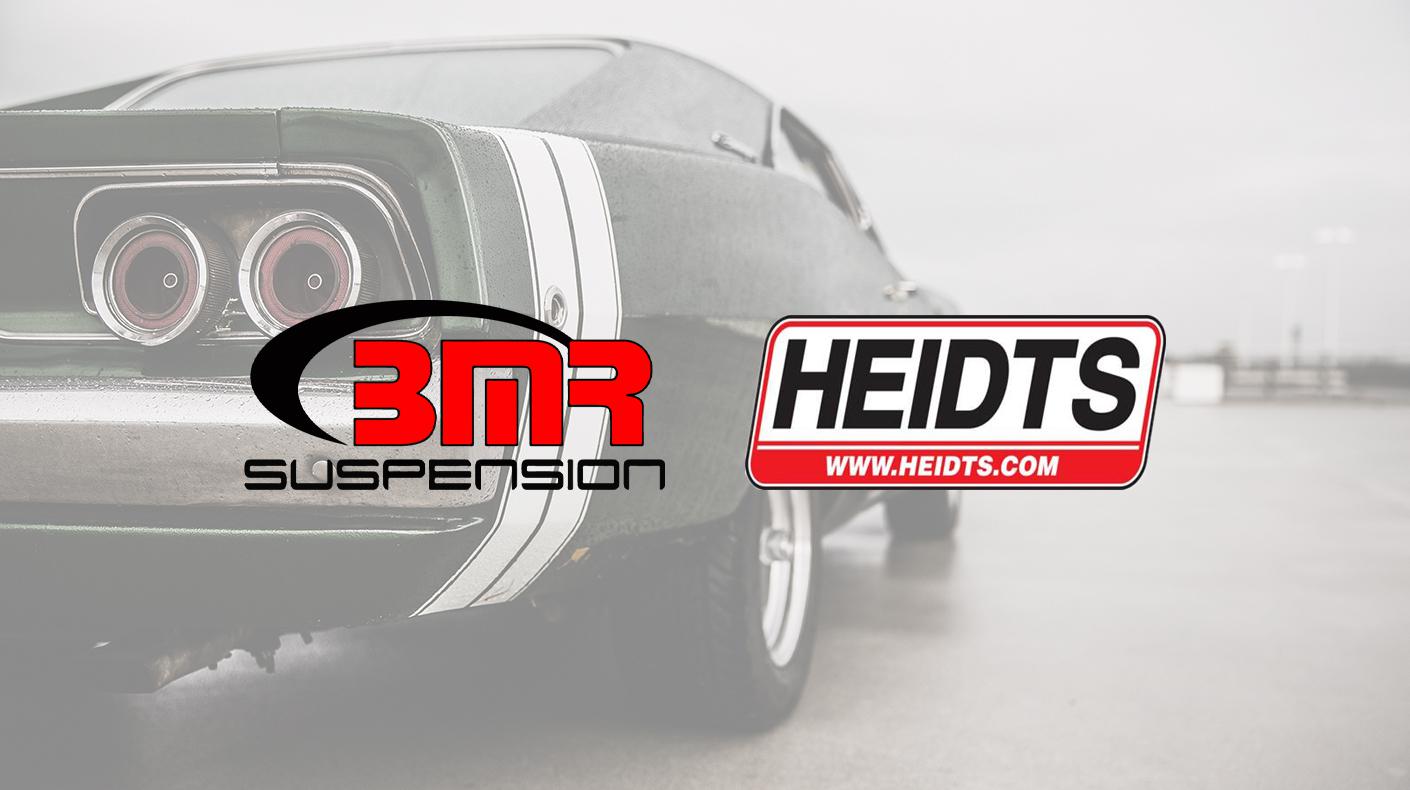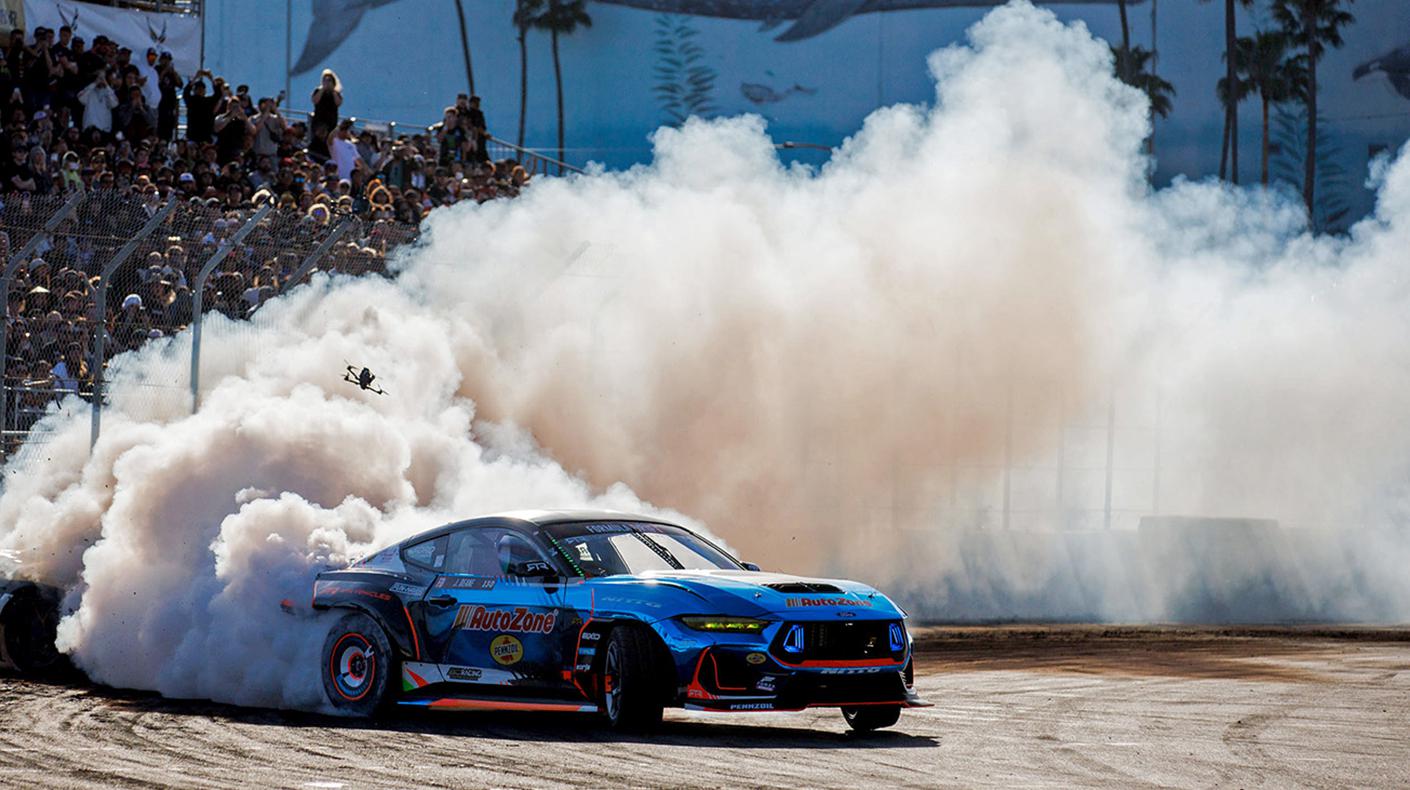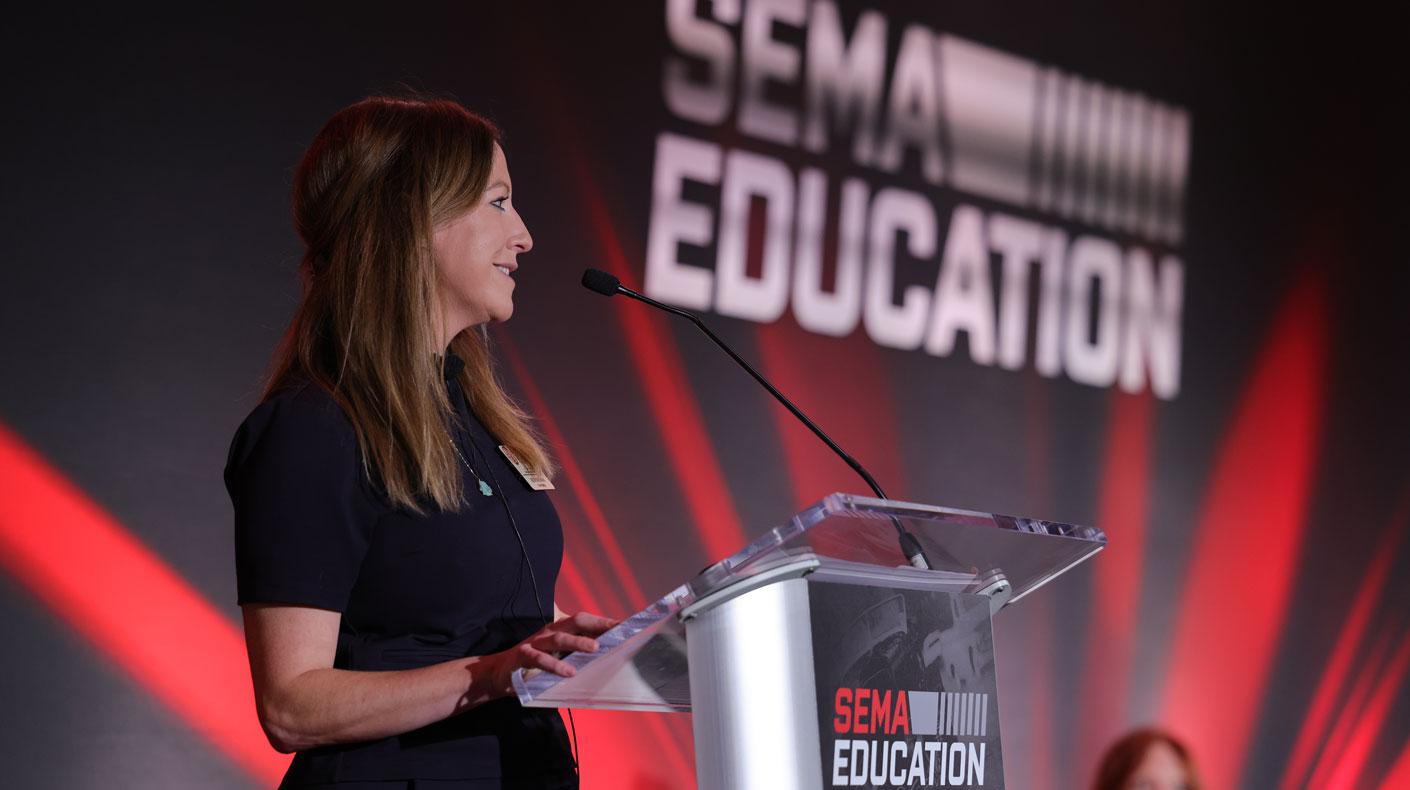From the Washington, D.C., office
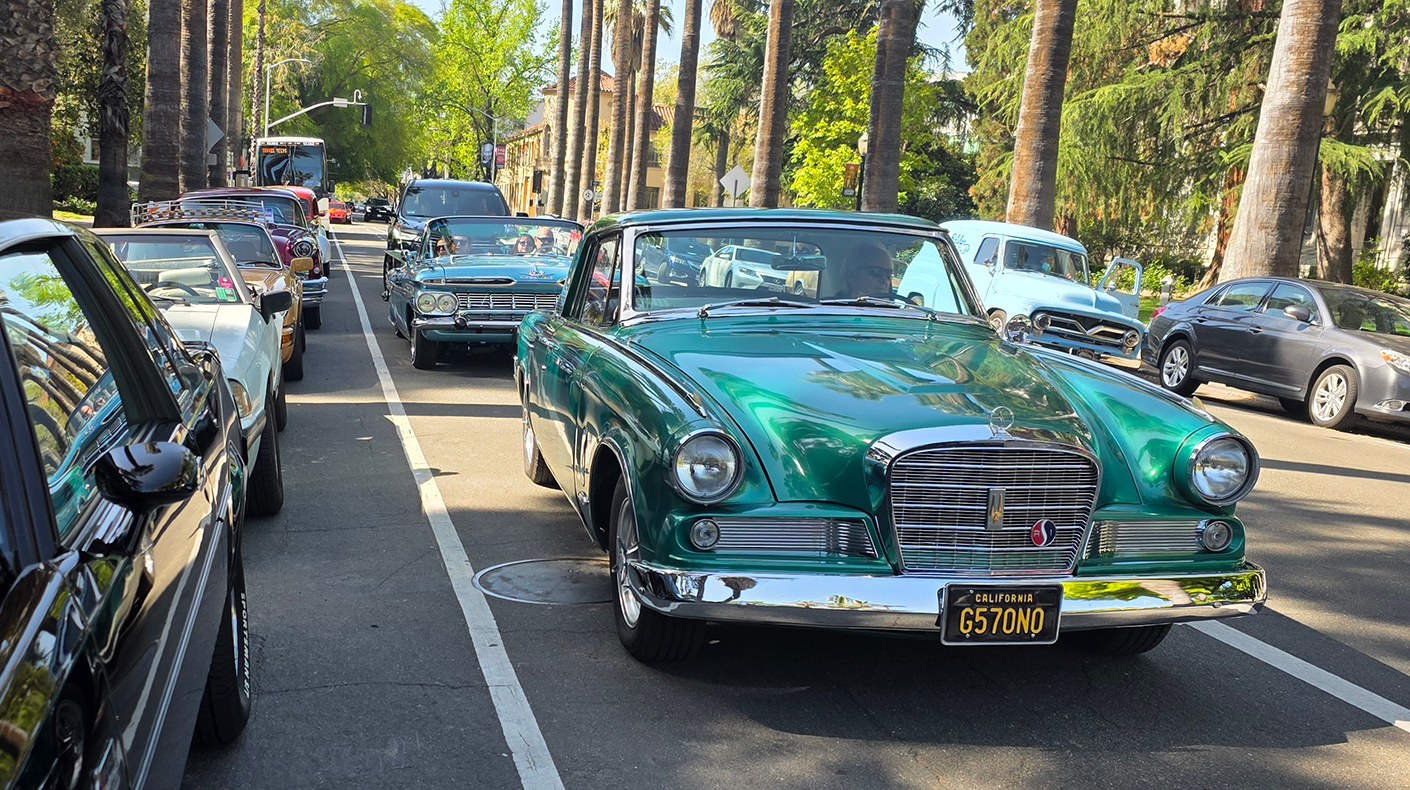
Editor's Note: This story was originally published on June 12, 2025. An update is available for this story here.
Leno's Law (SB 712) promises to be a spark for California's automotive collector community, providing a pathway for new collectors to get started and for enthusiasts to seek out the cars they love and feel a connection to. As the bill winds its way through the legislative process, many of you have questions about the bill, recent amendments, and what they mean for California's collector car community.
SEMA is answering these and some of your other Frequently Asked Questions to walk you through those changes, explain the reasoning behind them, and clarify how the bill still delivers meaningful progress for vintage vehicles.
First Things First: The Basics
Before we dive into the details, here are a few quick answers to clear up some common questions about who this bill applies to—and who it doesn't.
What exactly does Leno's Law do?
Authored by Senator Shannon Grove and sponsored by Jay Leno, SB 712 creates a new smog check exemption for collector vehicles that meet specific criteria. Starting January 1, 2027, a vehicle will qualify for a full exemption from California's smog check program if it is at least 35 years old, insured as a collector vehicle, and displays Historical Vehicle license plates.
Will this affect vehicles that are already exempt from smog checks?
No, Leno's Law doesn't change any current exemptions.
If your vehicle is already exempt under existing law, such as being manufactured before 1976, you won't be impacted. Nothing in Leno's Law takes away current exemptions or adds new requirements to vehicles that already qualify.
Is this new program mandatory for older vehicles?
Not at all. The program created by Leno's Law is entirely optional.
If you have a vehicle that's 35 years or older and want to apply for the new smog-check exemption under SB 712, you can, but it's not required. This law simply creates a new path to exemption for eligible collector vehicles that don't qualify under the existing pre-1976 rule. If you're satisfied with the current system, you're free to continue using it.
Leno's Law expands options; it doesn't limit them.
What Changed
With the basics covered, let's get into the recent changes made to the bill. These amendments were added during the committee process to facilitate the bill's progress and address concerns from lawmakers regarding cost, enforcement, and eligibility. Here's what changed and why.
What amendments were made to Leno's Law?
Before it voted, the Senate Appropriations Committee made the following changes to the bill:
- Require vehicles to have collector car insurance
- Require vehicles to display historical vehicle license plates
- Sets the implementation date to January 1, 2027.
So, the Senate Appropriations Committee can just change a bill?
Yes. In California, specific committees, like the Senate Appropriations Committee, have the authority to amend bills without the author's (Sen. Grove's) approval.
If committee leadership believes changes are needed for a bill to move forward, whether to reduce costs, clarify language, or address other concerns, they can make those amendments directly.
It's a regular part of the legislative process, especially for bills with financial implications. While the bill's author may not always agree with every change, accepting committee amendments is often the only way to keep a bill alive and moving.
Wait—aren't these new usage restrictions?
No. These recent amendments don't add use restrictions. Instead, they clarify what's already been the intent from the start: Leno's Law is designed for true collector vehicles, not just any older car or truck.
Why would historical plates and insurance now be mandatory?
The Appropriations Committee made these changes to address an issue that some lawmakers had from the start: there needs to be a screening mechanism. Several lawmakers were clear that the bill was a nonstarter and would not garner the necessary support to pass unless a screening mechanism was included.
During April's Senate Transportation Committee hearing, multiple legislators expressed concern that, without some guardrails, SB 712 could create a loophole for high-polluting vehicles that are not actual collector cars. As a result, the Appropriations Committee added the requirement that the vehicle have a collector's insurance policy and historical vehicle plates in order to qualify for a full smog exemption.
But why delay implementation until 2027?
The California Department of Motor Vehicles (DMV) is in the midst of a massive technology overhaul. Furthermore, the state is facing a significant budget deficit, and new programs with upfront costs are being heavily scrutinized or outright rejected.
DMV officials informed lawmakers that implementing a new exemption system necessitates IT changes, staff training, and the development of new processes. These are things they simply can't do right now without major funding. Requesting immediate implementation would have incurred significant state costs, and in this budget climate, that's a fast track to a "no" vote or veto.
Why isn't the exemption funded with a fee to cover the cost?
Here's the issue: those fees only generate revenue after the program is up and running. The state would still need to spend a significant amount of upfront money to prepare everything, including upgrades to the DMV's systems and establishing the verification process.
Instead of letting the potential of new costs derail SB 712, the Appropriations Committee amended the bill to clarify that implementation would be delayed until 2027. That gives the DMV time to prepare without forcing them to absorb costs they can't currently handle, and it keeps the bill moving forward instead of getting sidelined over funding concerns.
Let's talk about the collector insurance requirement. Isn't this more expensive for the owner?
Actually, it's not! Collector car insurance is typically less expensive than standard insurance because these policies are designed for low-mileage, limited-use vehicles. As a result, the premiums are often a fraction of what you'd pay to insure your daily driver. Companies like Hagerty, Grundy, CHUBB, USAA, and others offer policies with strong coverage and savings.
So, What Happens Next?
Will the bill be amended again?
It's very possible.
SB 712 is still in the early stages of the legislative process, and bills often undergo changes as they progress through both houses. Lawmakers, staff, and agencies may suggest additional changes, particularly as the bill progresses through the Assembly. That's normal.
The key thing to remember is this: amendments are part of how a bill survives. It doesn't mean the core goal is lost. It means adjustments are being made to keep the bill alive and build support.
This is just one step in a long process. So be patient, stay engaged, and, most importantly, make your voice heard. Lawmakers need to know this issue matters to real people in the collector car community. Your support now helps shape the final version of this bill.
What are the next legislative milestones for SB 712?
Leno's Law has more steps ahead before it can become law. After passing the Senate, it now moves to the Assembly for committee hearings and floor votes. Here are the key deadlines:
- July 18: Must be out of all Assembly policy committee(s).
- August 29: Must be out of the Assembly Appropriations (fiscal) committee.
- September 12: Final day for the legislature to pass the bill and send it to the Governor .
This process is a marathon, not a sprint. Each step brings new scrutiny, new conversations, and sometimes new amendments. Staying patient, engaged, and vocal will be key to getting this bill across the finish line.
SEMA's Final Word
Bottom line: Leno's Law is major progress.
Leno's Law, as it stands today, is the most progress we've made in over 20 years. Currently, even a perfectly preserved 1988 car with collector plates and insurance still requires smog testing. SB 712 fixes that. It creates a path to an exemption for vehicles that are deserving of it.
Help Leno's Law across the finish line.
It only takes a minute to send a message to your lawmakers. Click here or the link below to use your voice.



